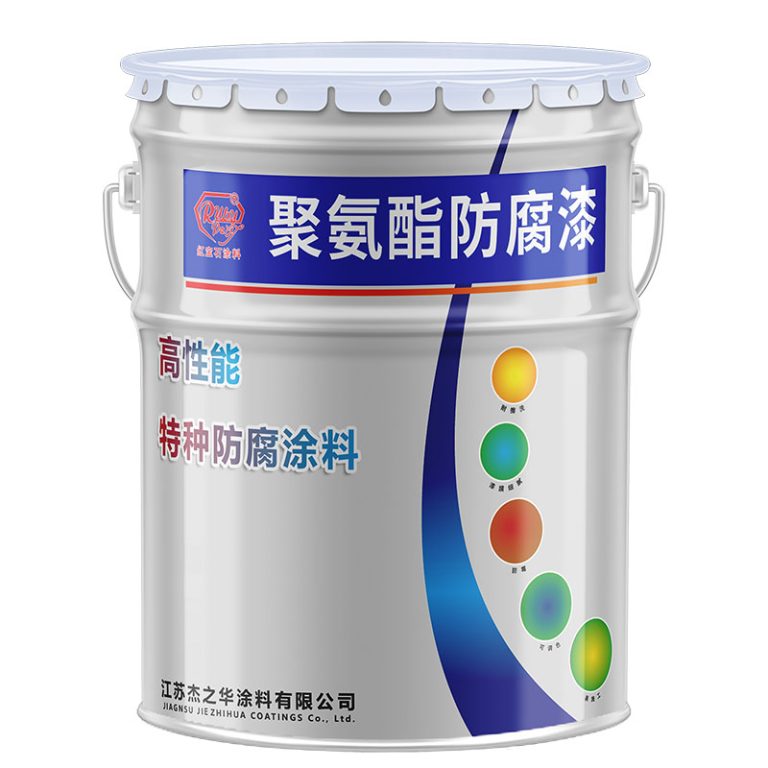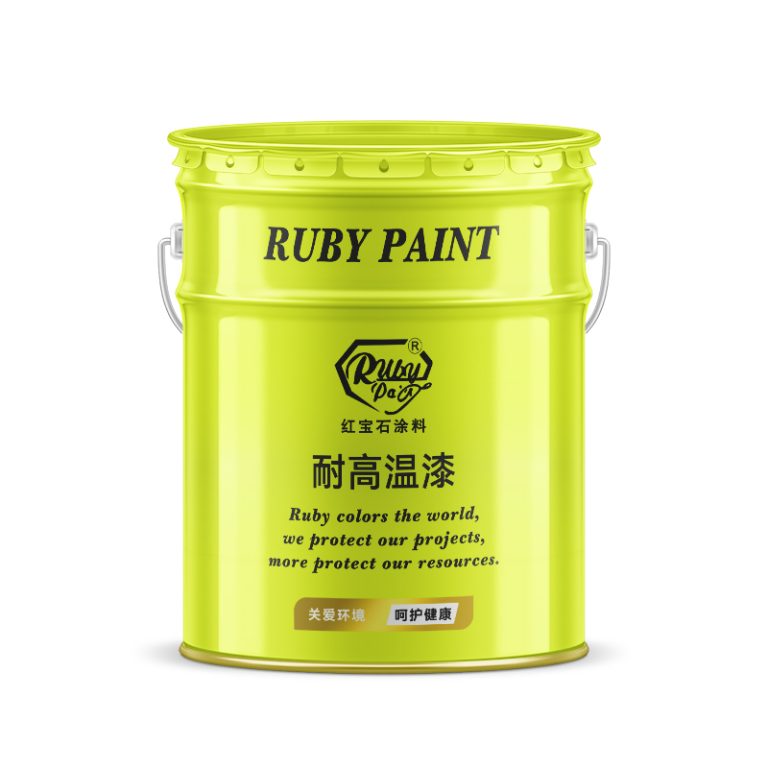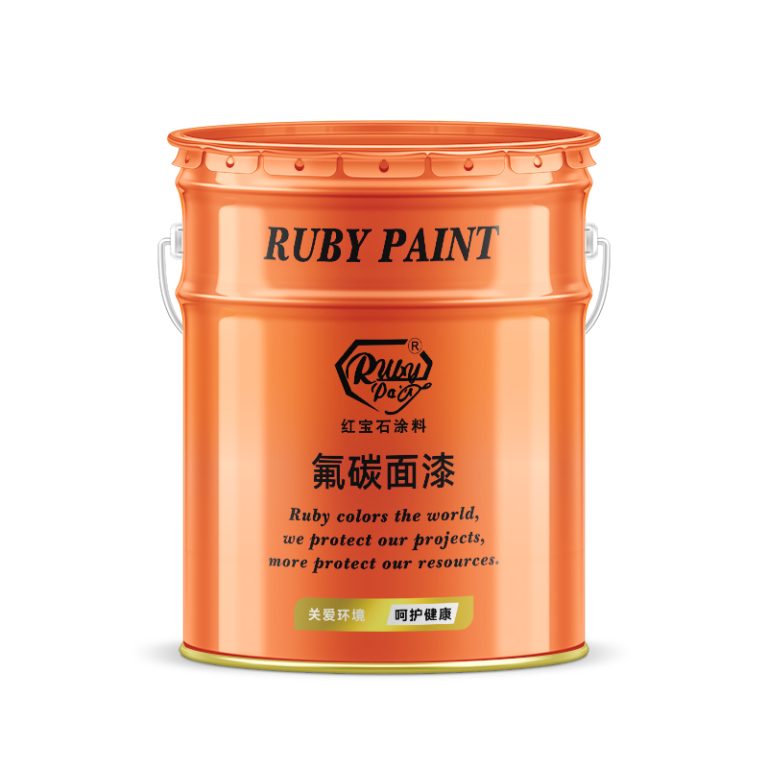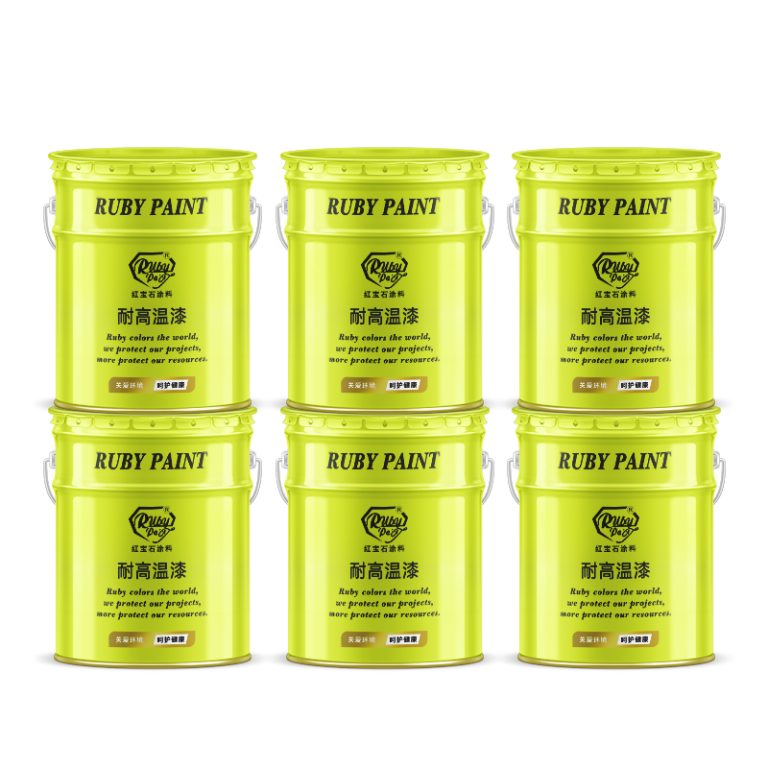Table of Contents
Understanding Marine Coatings: Definitions and Applications
Marine coatings, also known as marine paints, are specialized coatings applied to surfaces that are exposed to harsh marine environments. These coatings are designed to protect ships, boats, and other marine structures from the corrosive effects of saltwater, as well as from the growth of marine organisms such as barnacles and algae. Understanding the definition and applications of marine coatings is essential for anyone involved in the maritime industry, as these coatings play a crucial role in maintaining the integrity and performance of marine vessels and structures.
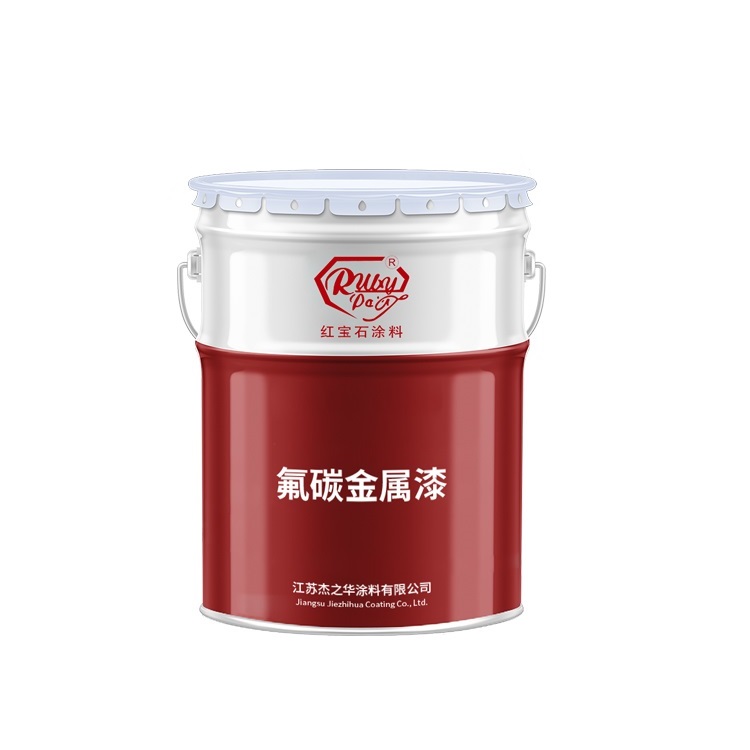
Marine coatings are typically composed of various chemical compounds that provide resistance to corrosion, fouling, and UV radiation. The most common types of marine coatings include anti-corrosive coatings, anti-fouling coatings, and foul-release coatings. Anti-corrosive coatings are designed to prevent the metal surfaces of ships and other marine structures from corroding due to exposure to saltwater and oxygen. These coatings usually contain zinc or epoxy, which act as a barrier between the metal surface and the corrosive elements. Anti-fouling coatings, on the other hand, are formulated to prevent the growth of marine organisms on the submerged parts of vessels. These coatings contain biocides, which are toxic to marine life and help to keep the hulls of ships free from fouling. Foul-release coatings are a newer type of marine coating that works by creating a slick surface that makes it difficult for marine organisms to attach themselves to the vessel.
| No. | Product |
| 1 | Fluoracarbon middle paint |
The application of marine coatings is a complex process that requires careful preparation and execution. Before a coating can be applied, the surface of the vessel or structure must be thoroughly cleaned and prepared. This usually involves removing any existing coatings, rust, and other contaminants. Once the surface is clean, the marine coating can be applied using various methods such as spraying, brushing, or rolling. The choice of application method depends on the type of coating being used and the specific requirements of the project.
Marine coatings are used in a wide range of applications within the maritime industry. They are commonly used on the hulls of ships and boats to protect them from corrosion and fouling. Marine coatings are also used on offshore platforms, docks, and other marine structures that are exposed to the harsh conditions of the marine environment. In addition to their protective properties, marine coatings can also enhance the appearance of vessels and structures by providing a smooth and glossy finish.
In conclusion, marine coatings are an essential component of the maritime industry, providing protection and enhancing the performance of ships, boats, and other marine structures. These coatings are specially formulated to withstand the harsh conditions of the marine environment and are available in a variety of types to meet the specific needs of different applications. Whether it is preventing corrosion, deterring the growth of marine organisms, or improving the aesthetic appeal of a vessel, marine coatings play a vital role in ensuring the longevity and functionality of marine assets. Understanding the definitions and applications of marine coatings is crucial for anyone involved in the design, construction, or maintenance of marine vessels and structures.
The Importance of Marine Coatings in Ship Maintenance and Protection
Marine coatings play a crucial role in the maintenance and protection of ships and other marine structures. These specialized coatings are designed to provide a barrier against the harsh marine environment, which includes exposure to saltwater, UV radiation, and biological organisms such as barnacles and algae. By safeguarding the integrity of the vessel, marine coatings help extend the lifespan of ships, reduce maintenance costs, and ensure the safety and efficiency of maritime operations.
The primary function of marine coatings is to prevent corrosion, which is a major concern for any metal structure exposed to seawater. Corrosion can weaken the structural integrity of a ship, leading to costly repairs and potentially catastrophic failures. Marine coatings contain corrosion-resistant properties that protect the metal surfaces of a ship from the corrosive effects of saltwater and oxygen. These coatings form a protective barrier that prevents the electrochemical reactions that cause corrosion, thereby preserving the strength and durability of the ship’s hull.
In addition to corrosion protection, marine coatings also play a vital role in preventing fouling. Fouling occurs when aquatic organisms such as barnacles, algae, and mussels attach themselves to the hull of a ship. This accumulation of organisms increases the surface roughness of the hull, leading to increased drag and reduced fuel efficiency. In severe cases, heavy fouling can even impair the maneuverability of the ship. Marine coatings are formulated with biocidal agents that deter these organisms from settling on the ship’s surface, thus maintaining a smooth and clean hull that enhances the vessel’s performance and fuel economy.
| Number | Commodity Name |
| 1 | Fluoracarbon paint |
Another important aspect of marine coatings is their contribution to the aesthetic appearance of ships. These coatings are available in a variety of colors and finishes, allowing ship owners to customize the appearance of their vessels. A well-maintained and visually appealing ship not only reflects positively on the owner and operator but also boosts the morale of the crew. Furthermore, marine coatings that are resistant to UV radiation help prevent fading and discoloration of the ship’s paint, ensuring that the vessel retains its vibrant appearance even after prolonged exposure to sunlight.
The application of marine coatings is a specialized process that requires careful preparation and execution. Surface preparation is a critical step in ensuring the effectiveness of the coating. The surface must be thoroughly cleaned and free of contaminants such as rust, scale, and old paint. Once the surface is prepared, the coating is applied in multiple layers, with each layer serving a specific purpose. The primer layer provides adhesion and corrosion resistance, while the topcoat offers UV protection and aesthetic appeal. Proper application techniques and quality control measures are essential to achieve a uniform and durable coating that can withstand the rigors of the marine environment.
In conclusion, marine coatings are indispensable in the maintenance and protection of ships and other marine structures. By providing a barrier against corrosion, preventing fouling, and enhancing the aesthetic appearance of vessels, these coatings contribute to the longevity, efficiency, and safety of maritime operations. The careful selection and application of marine coatings are essential to maximize their protective benefits and ensure the optimal performance of ships in the challenging marine environment.

